
The American War in Vietnam: The Remembrance of 300,000 Lost Souls
Embedded within the soil of Vietnam’s Quảng Trị province lies the shrapnel of deployed bombs, chemical herbicides, and fragments of human bone and flesh from a war that ended half a century ago. In those same killing fields upon which monuments now stand lie the unrecovered bodily remains of an estimated 300,000 Vietnamese soldiers.
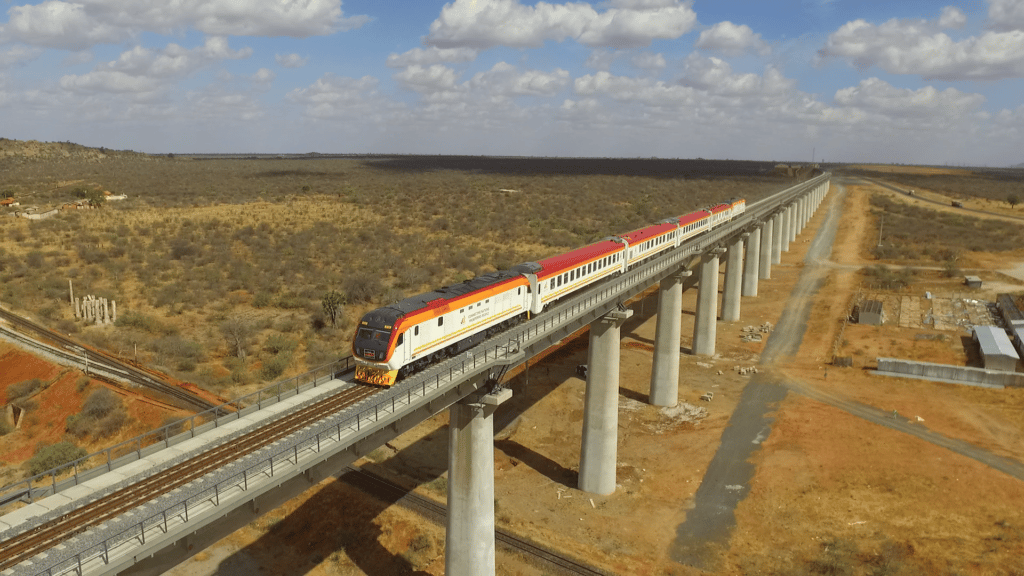
Trade, Development, and Debt: What China’s Belt and Road Initiative Means for Africa
In the last twenty years, China has funded $170 billion worth of development projects in Africa under the “Belt and Road Initiative.” The initiative aims to connect Asia, Africa, and Europe through infrastructure, but the BRI has been met with skepticism. Questions about China’s intentions in the region and the BRI’s long-term effects on the economies involved are paramount to the West

Forest City: Empty Developments, Empty Promises
Malaysia’s Forest City, a $100 billion development project, is in question. Concern over China's involvement in the project, as well as the project’s lack of environmental integrity intertwine to create a consensus that the project is prioritizing foreign capital over Malaysians and the environment.

Trouble in the Sahel
In the deserts of West Africa, lies one of the most serious humanitarian and security crises. The Sahel region is now known as the de facto center for global terrorism with numerous Islamist extremist groups taking land and conducting attacks on civilians and governments alike.

A Rocky Past and a Hopeful Future for the United States & UNESCO
In July of 2023, the United States formally rejoined the United Nations Educational, Scientific, and Cultural Organization (UNESCO) after pulling out in 2018. The organization shares a surprisingly rocky history with the U.S. This fraught relationship highlights the prospects for the United States, its culture, and its projection of soft power.

Technological Solutions Ensure a Future for Cultural Heritage
This October, the British Museum announced a $12 million plan to digitize its entire collection. This comes in response to a recent scandal where a curator stole several uncatalogued artifacts. The institution is not alone in this. The COVID-19 pandemic changed the role of digital archives from making artifacts, art, and other valuable data available to museum staff to making them accessible to the public.

Okinawa’s dilemma: struggles between national security and local interests
With 70 percent of the U.S. military sites in Japan, Okinawa holds both geographic and historical significance, especially as China’s aggression has increased over the past ten years. Yet, issues including the environmental burden of military presence, security concerns, economic struggles, and anti-war sentiment have constantly fueled local opposition and enlarged the gap between the island and mainland Japan.


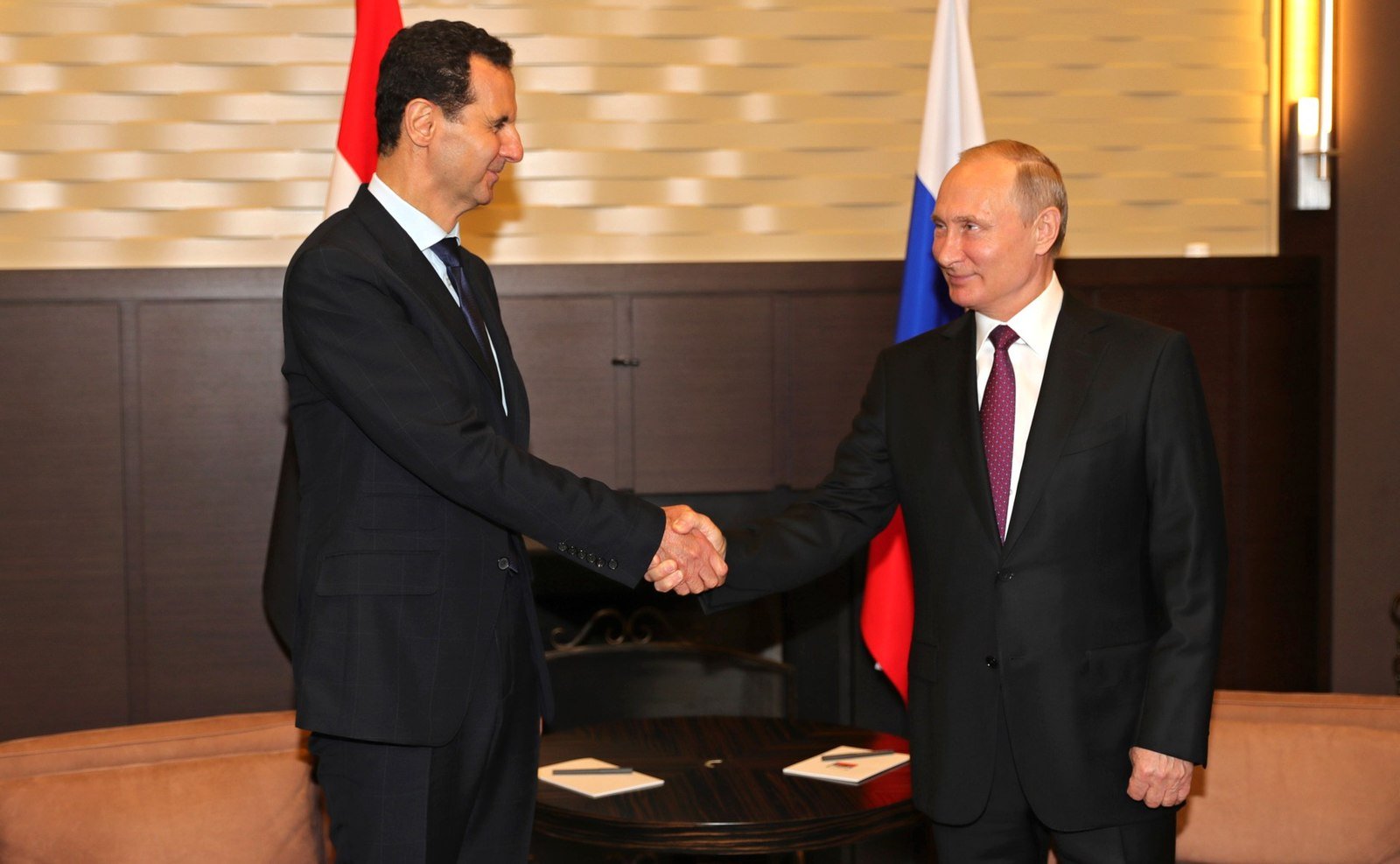
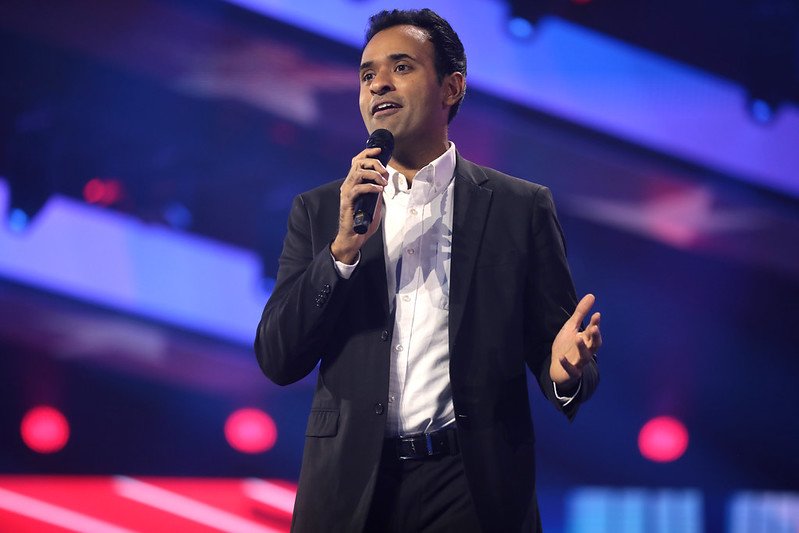
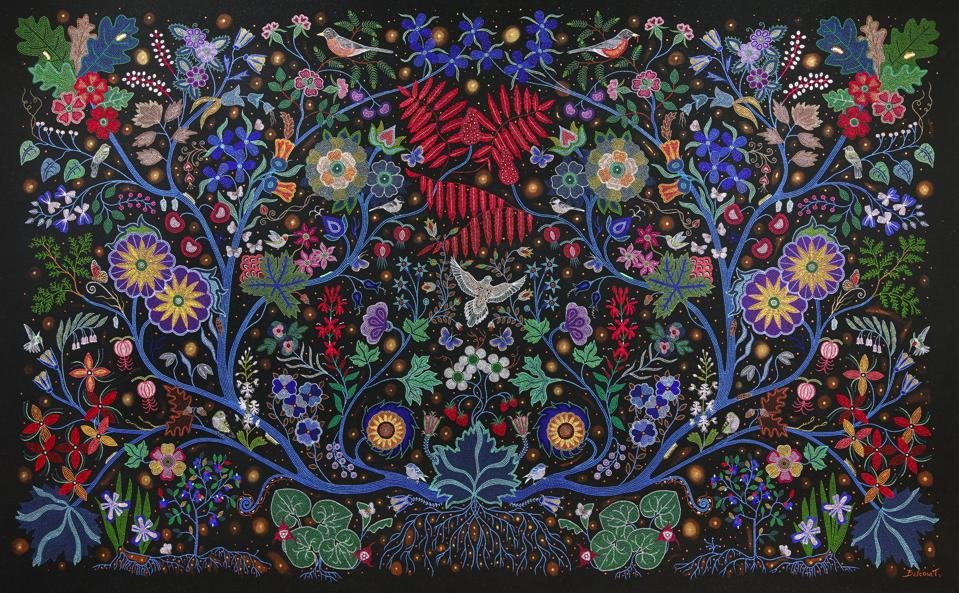
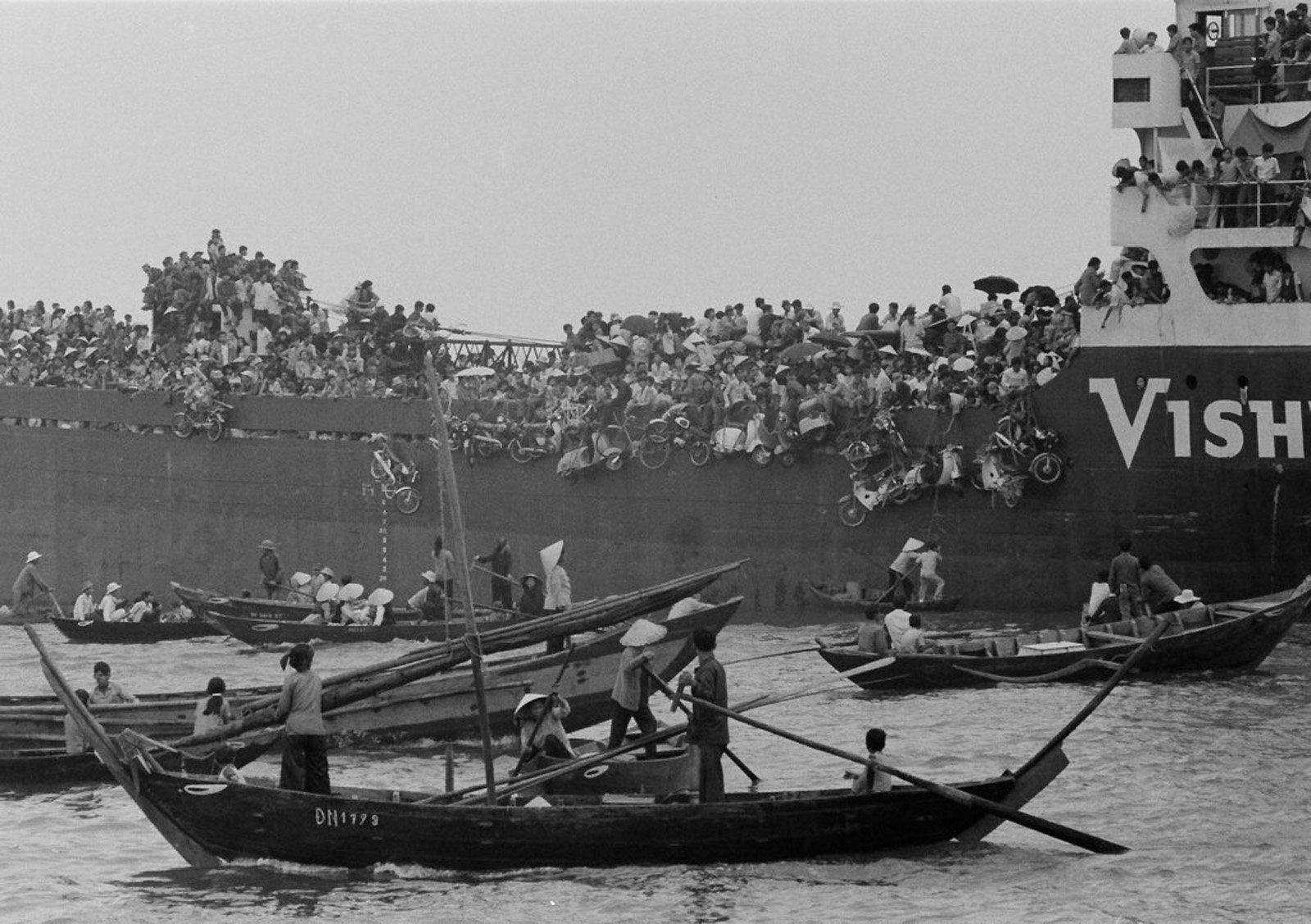

Politics Lurk in the Shadows of Upcoming FIFA Women’s World Cup
Despite claims that sports and politics don’t mix, football seems to be an increasingly prominent feature of global governance. The 2022 FIFA World Cup was a glaring example of sportswashing– the use of sports to enhance reputation or influence. Some of football’s biggest club teams are financed by sovereign wealth funds or energy drink companies, while the sport’s biggest stars are plying their trade in the Saudi Pro League. The trend of state-sponsored politicization seems to be spreading to the women’s game; concerns are being raised ahead of this summer’s 2023 FIFA Women’s World Cup, held in Australia and New Zealand.
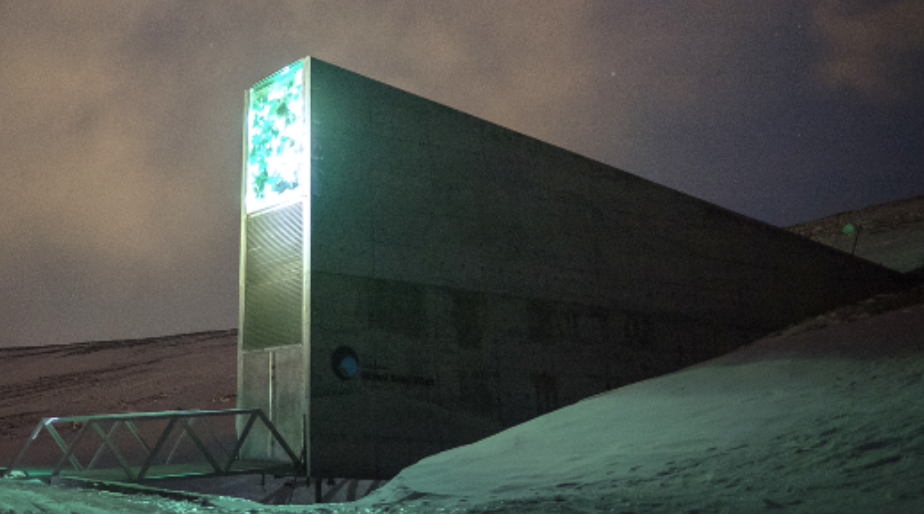
The Svalbard Seed Vault: Humanity’s Ultimate Safeguard
In the high arctic tundra of Norway’s Svalbard archipelago, a steel facility holds the food insurance policy for all of humanity: 1,214,827 seed samples from almost every country in the world. Although it sounds like something out of an 80’s science fiction movie, this operation is no fiction. The Svalbard Global Seed Vault is made possible through international cooperation to ensure the world is prepared for catastrophe. As of the facility’s 15th anniversary in February of 2023, it holds over 13,000 years of agricultural history.
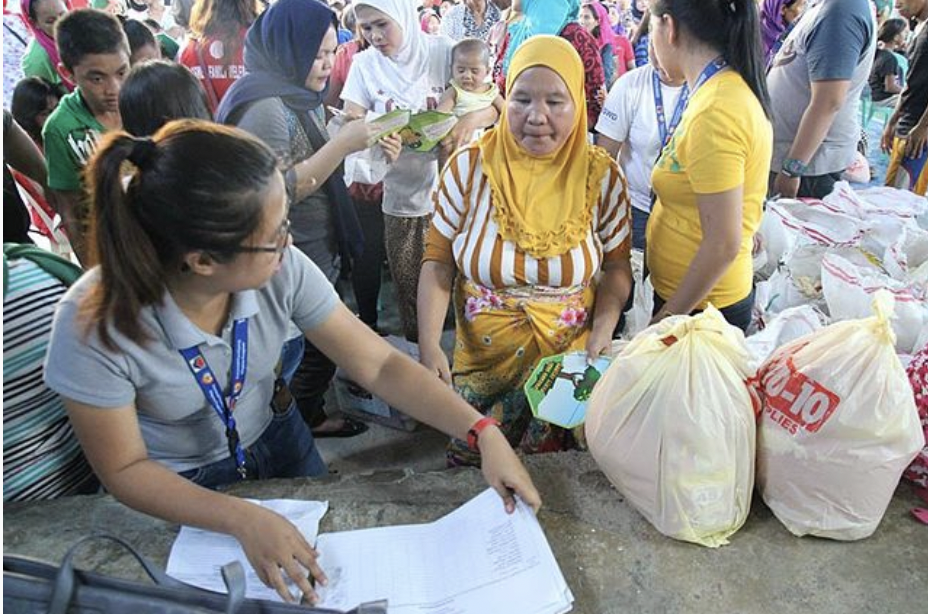
Extreme Poverty Remains King in Mindanao
Heading into 2023, the Philippines was one of the fastest-growing economies in the world with the expectation that it will continue to increase at a rapid rate. However, despite the positive economic forecasts, it’s become apparent one year later that not everyone is able to reap the benefits of the prophecy. Within the second-largest island of Mindanao resides one of the largest communities of religious and ethnic Muslims in the Philippines, making up almost a quarter of the entire nation’s population in a country that is strongly Catholic.
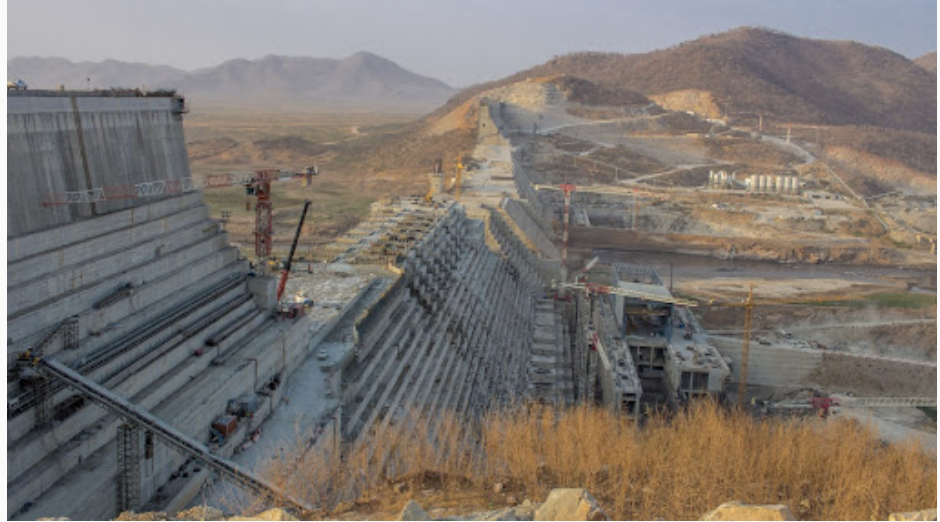
Waiting to Die of Thirst: Ethiopia, Egypt, Sudan, and the GERD
In northeast Africa, a tragedy of epic proportions has been playing out for decades.
Ethiopia’s ongoing construction of a massive $4.5 billion dam over the Nile River’s largest tributary has led to an increasingly volatile East African environment, in which old colonial practices, climate change, and ongoing civil conflicts loom large. For the nations involved, the construction of the dam has become cloaked in questions of identity and age-old national myths, raising tensions and increasing the likelihood of conflict as climate change makes the life-giving waters of the Nile ever more scarce.
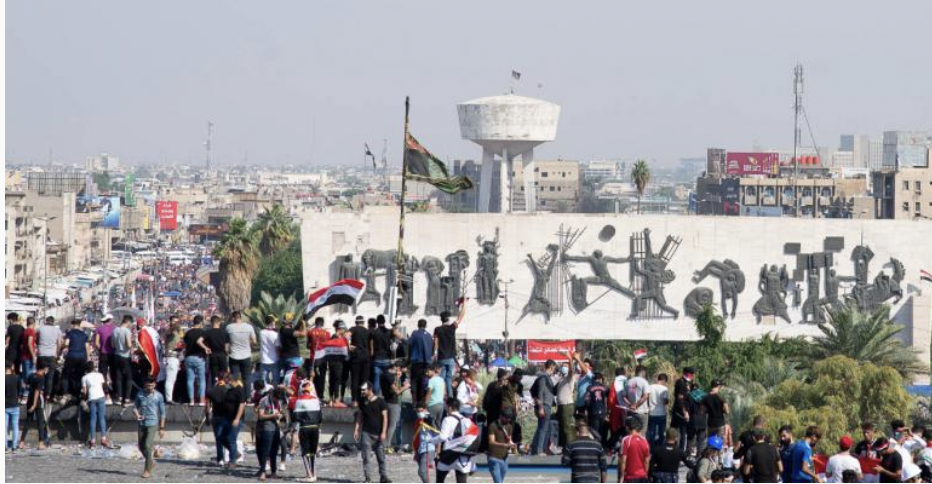
Iraq: 20 Years Later
Despite the fact that the U.S. has removed its troops from the country, and we are 20 years out from George W. Bush declaring “mission accomplished,” the information we have about the Iraq war is still convoluted. As the 20th anniversary passed, content about why the U.S. invaded Iraq, the effect on U.S. foreign policy and involvement in the Middle East, and the impact it had on American veterans flooded news outlets. What was lacking from this commemoration was a dive into what Iraq looks like 20 years later: how has the country rebuilt and what does life look like for Iraqis today?
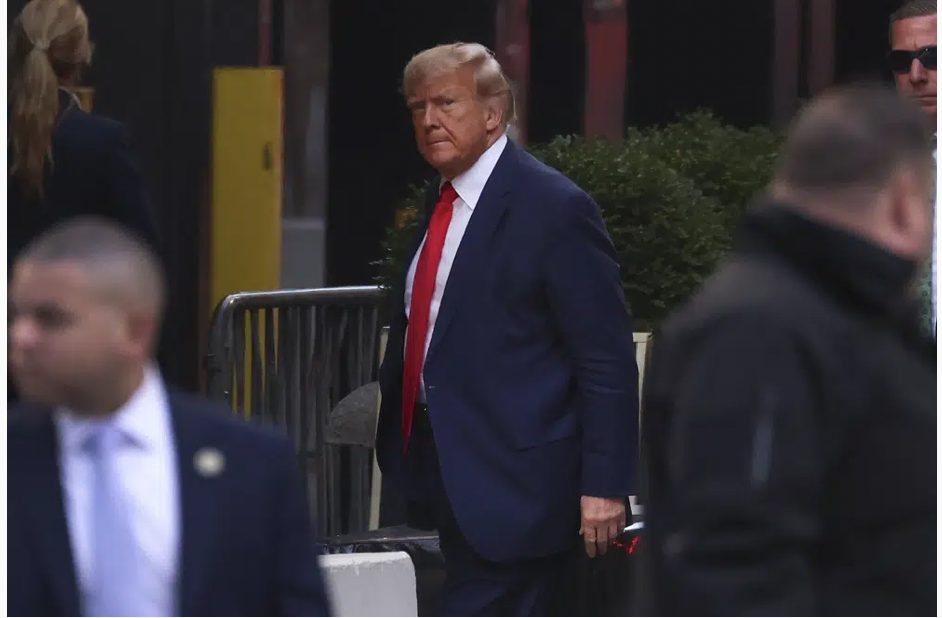
Donald Trump’s Indictment From an International Perspective
Past American presidents have been accused of a litany of felonies, from war crimes to corruption to sexual impropriety-related obstruction of justice. Yet for the 46 men who have inhabited the country’s most prestigious office, a criminal prosecution would– for most of history– seem blasphemous. Gerald Ford’s pardon of Richard Nixon after the Watergate scandal ensured and maintained a precedent of inaction; while other government positions have faced legal scrutiny, U.S. presidents have remained immune to criminal charges.
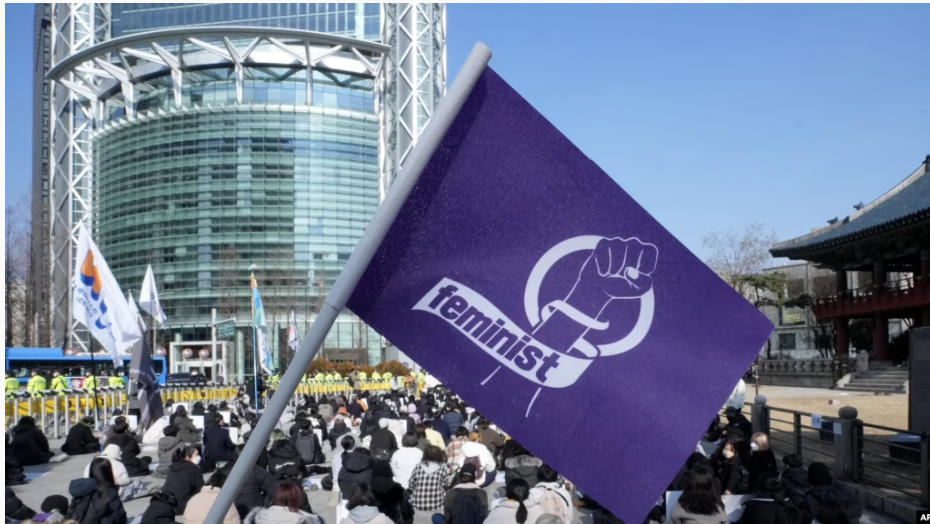
South Korea’s Villainization of Feminism
South Korea is often praised for being one of the fastest-growing economies. It is constantly at the height of innovation, cultivates one of the world’s highest-educated labor forces among OECD countries, and attracts tourists with its amalgamation of diverse culture, food, and K-Pop. Although South Korea seemingly experiences an advanced society, it still battles to correct an ethically basic issue: gender inequality.